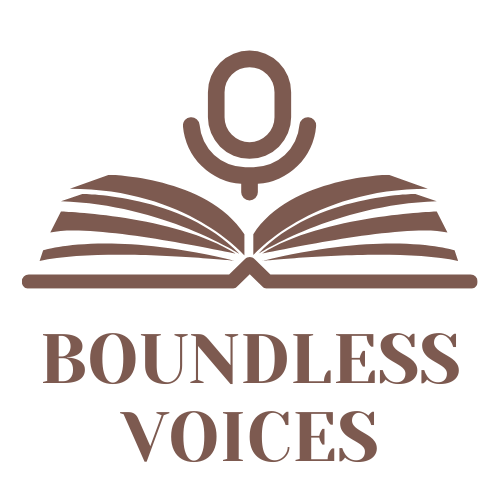Shanghai Express (1932)
Shanghai Express is a 1932 film that follows a group of passengers on a train between Beijing and Shanghai. Set during the Chinese Civil War, the train is stopped and passengers taken hostage by Henry Chang, a rebel warlord. Despite being set in China, the film is very international, with characters from Britain, France, Germany, and more. As an American film, however, the film can be read as a reflection of American culture as of 1932.
Because of the time period that the film was produced in, Shanghai Express is considered a “pre-Code” film. This refers to the Production Code, which was established by the Legion of Decency to promote movies with better morals. This code censored movies with controversial topics, such as gang violence, prostitution, and drug usage. However, in the time between the creation of sound-films in the 1920s and the implementation of the Production Code in 1934, films often mentioned these topics, which can be seen in Shanghai Express, as the two main female characters are “coasters…a woman who lives by her wits along the China coast,” or prostitutes. Both women are looked down upon for being prostitutes, as one character comments, “One of them is yellow and one of them is white, but both their souls are rotten.” Despite this, these women are not punished for their backgrounds and in fact can be considered the heroes of the story.
On the topic of these women, because one is Chinese and the other is white, they can be used to demonstrate racial biases of the American director as well as the American audience. Here, surprisingly, the two women are represented fairly similarly with their shared backgrounds. However, Shanghai Lily, the “white flower of China” ends up a victim, sacrificing herself to save her lover. Meanwhile, Hui Fei takes on the trope of the “Dragon Lady,” mysterious, sensual, untrustworthy, and most importantly, physically aggressive, as she is the one to eventually stab Henry Chang, the rebel warlord, to death.
Chang happens to be the only other main character of Chinese heritage, and as the leader of the rebel army that stops the train, he is the main antagonist of the film. Chang’s character can be taken as representative of the fear of miscegenation, exacerbated at the time by anti-miscegenation laws. This mixed heritage only adds to Chang’s villainy. When a fellow passenger asks, rather aggressively, “What [race] are you?” Chang tells him that his mother was Chinese and his father was white, continuing to say that he is not proud of his white heritage and would rather be a “Chinaman.” To this, the (American) passenger responds, “What future is there in being a Chinamen? You’re born, eat your way through a handful of rice, and you die. What a country!” This comment, although played as comic relief, can be interpreted as a popular opinion of China at the time, and is used to further make a fool out of Chang’s character. Chang is also clearly depicted as “evil,” not only branding a man for a personal grudge, but is also the only man to force himself onto either one of the women.
All in all, Shanghai Express, despite its name, was a very American film, and portrayed a very American view of China at the time. Interestingly, most of the Chinese dialogue was spoken in Cantonese, despite the train’s route being from Beijing to Shanghai. Over time, the depiction of Asians in media has gotten better, as more and more Asian-written and directed films are produced, allowing for a wide variety of “hyphenated” American stories to be shared and celebrated.
